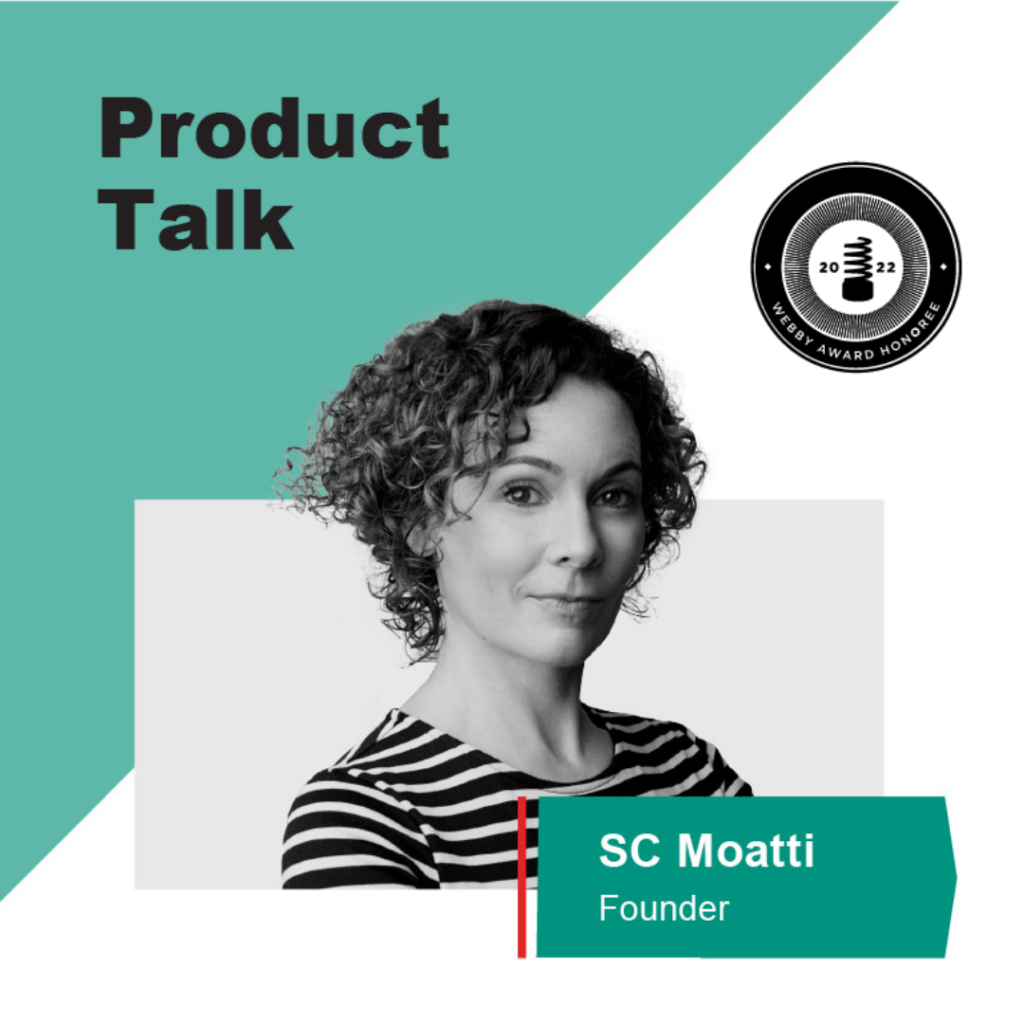A product leader’s strategy and vision are naturally ingrained in the development process. However, it boils down to a team’s talent and execution, which can be complicated by our increasingly remote-working world. How do product leaders maintain culture when building a hybrid team? The Infatuation and Zagat CPO Janko Bazhdavela shares the best practices for setting up a great team to make strategy come to life.
Subscribe to the Product Talk podcast on Spotify and Apple Podcasts, and make sure you never miss a single product conversation with leading product executives. New episodes live every Wednesday.

On Building Internal and External Teams
Janko shared his insights into building teams and tapping into a hybrid model that will save your budget, no matter the size. He also discusses the balance between an internal and external team.
“I found that execution is critical for the success of any company product. In terms of setting up teams, this may be more apparent now with the shortage of the right talent. Talent will always be the most difficult, the most challenging, the most important thing to build successful products. Luckily the talent is available across the world. The skills for most, if not all roles are fairly transferable.”
“Speaking about general digital products, certain products require either a level of security or physical presence and so forth, or deep understanding of the market that you live in. For the majority of roles and products, even if you have all the money in the world, you will get the best value for the investments if you build some sort of hybrid between internal and external teammates in a distributed team.”
On How To Maintain Culture With Hybrid Teams
Having hybrid teams can shift the culture in a business, and sometimes it is hard to maintain a cohesive product culture. Janko points out ways to create and keep as cohesive a team as possible.
“It’s quite difficult. The culture of the team is also quite influenced by the culture in the place that you’re living. There are different practices, the way you conduct business, the way you talk to your colleagues, topics that are relevant versus not based on geography, and even the seasons. Right. I think that it’s quite challenging. “
“Imagine that you have 10 people somewhere abroad and 10 people here. The path of least resistance for two equally large projects would be to split the projects based on geography. At least in my experience, that can be an advantage at some point, but generally, that’s a mistake. That’s something that we actually put a lot of attention on.”
“In these hybrid models, it’s very important to integrate the external team into the entire process as much as possible. Even when we interview people, we tell them they’re practically our teammates. The only difference is they have different HR or maybe they get paid by someone else. External team members need to be fully integrated. This is within all processes, with all rights, expectations, and involvement in the process.
“I think that itself, though still challenging, helps manage and maintain the culture, which will obviously evolve the more people from different backgrounds and places are involved.”
On How To Align Teams For Their Best Work
Janko shares with us some very useful tips to stay aligned as a team, especially with hybrid teams becoming the norm. This might include us doing something we dread (documentation!) in order to keep things running smoothly.
“It’s alignment on high-level business rules on the company, understanding well the mission of the company, which for us is to bring the most honest and trustworthy opinions on where to eat around the world. Everyone should know that; everyone should be aligned on that. The team aligned on the goals and always reminding ourselves how that relates to those goals is quite important.
“Easier said than done. I feel that often those goals, for example, will rightfully translate into certain requirements. Maybe that goal translates into a certain feature that can enable the goal. The tendency is that now we expect what we need to do. Therefore achieving the goal is to do what we expect from the goal. Often that’s not the case.”
“Especially now that we’re all distributed or partly hybrid, the written communication and writing down something is very critical. This is especially when we have distributed team, a hybrid team, and you’re in a very fast environment. As the team scales, misunderstandings of what decisions have been made and how directions are changing can be quite painful. The thing people usually like the least — documentation — can often be your best friend. Even if you talk to people and you agree on something, summarize and send them a Slack to say, ‘Just to summarize, we agree to take step one, step two, and optionally step three.’”
About the speaker
About the host
I am the Director of Brand & Sustainability for Transfix, a leading transportation solutions provider, combining tech and a best-in-class carrier network to reshape the future of freight. I am also a host for Product Talk helping bring product leaders together to answer the question: "What makes a great product?"